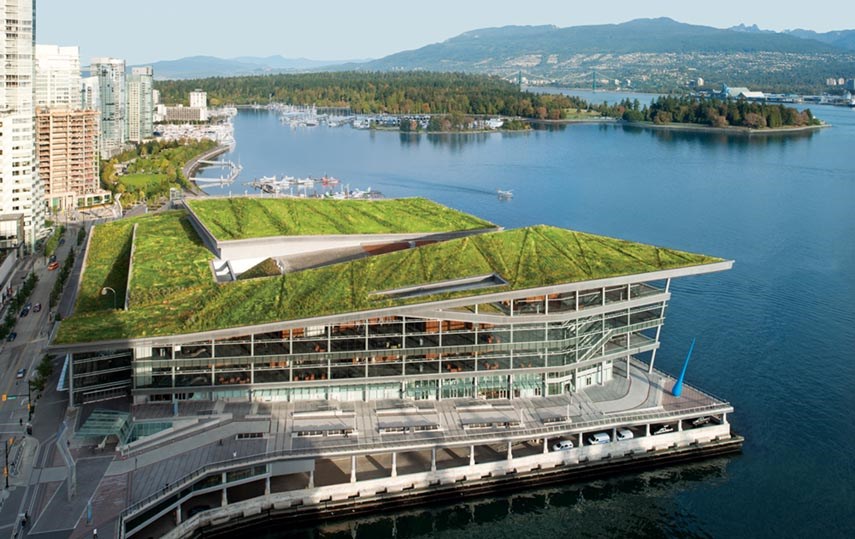It is time for governments to push the pause button on runaway green building regulations that are driving up the cost of construction and energy but will have zero effect on global greenhouse gas emissions.
Nowhere is the pause button needed more than in Vancouver, which this month mandated a zero-emission zoning bylaw that will foist much higher prices onto what is already the most expensive housing in Canada.
Two years ago, Vancouver brought in a green building code that made new city homes the most energy-efficient in the country.
We get it. Green is good. But the pendulum has now swung into the realm of fantasy.
Ideologically, the bylaw is meant to reduce Vancouver’s global greenhouse gas emissions to zero to mitigate climate change. Yet Canada produces only 1.6 per cent of global greenhouse gas emissions. B.C. is responsible for 0.18 per cent and Vancouver’s guilty for less than half of that.
Tiny Vancouver, therefore, already has a near-zero effect on global emissions.
The new bylaw will also outlaw the use of natural gas and allow only renewable natural gas to be used in new homes and other buildings. But B.C. is a world-class producer of natural gas, which can heat homes for one-third the cost of “green” electricity. Renewable natural gas makes up less than one-quarter of 1 per cent of natural gas in the province, with little hope for expansion.
The bylaw also adopts the German-inspired Passive House regulations for all new homes. Among other additional costs, this will require expensive triple-pane windows and will mandate that concrete balconies have a thermal break to reduce heat transmission.
It will also require some form of continuous mechanical ventilation and, for houses, walls so thick it will reduce living space and stretch setbacks on lots.
The latest green construction is already heavily mandated on public buildings, which partly explains why it costs more for Vancouver taxpayers to build a bus garage – up to $350 per square foot, according to appraisal studies – than it does for the private sector to build a four-star hotel.
The City of Vancouver, and all the B.C. election platforms, say more social housing is needed in the city now, but the new zoning bylaw will delay construction, require unproven technology and make all the homes more expensive to build and heat.
We are saying enough is enough for now. Our new buildings and homes are already among the greenest in the world. Until we get housing affordability under control, let’s push the pause button on the costly green ideology.



